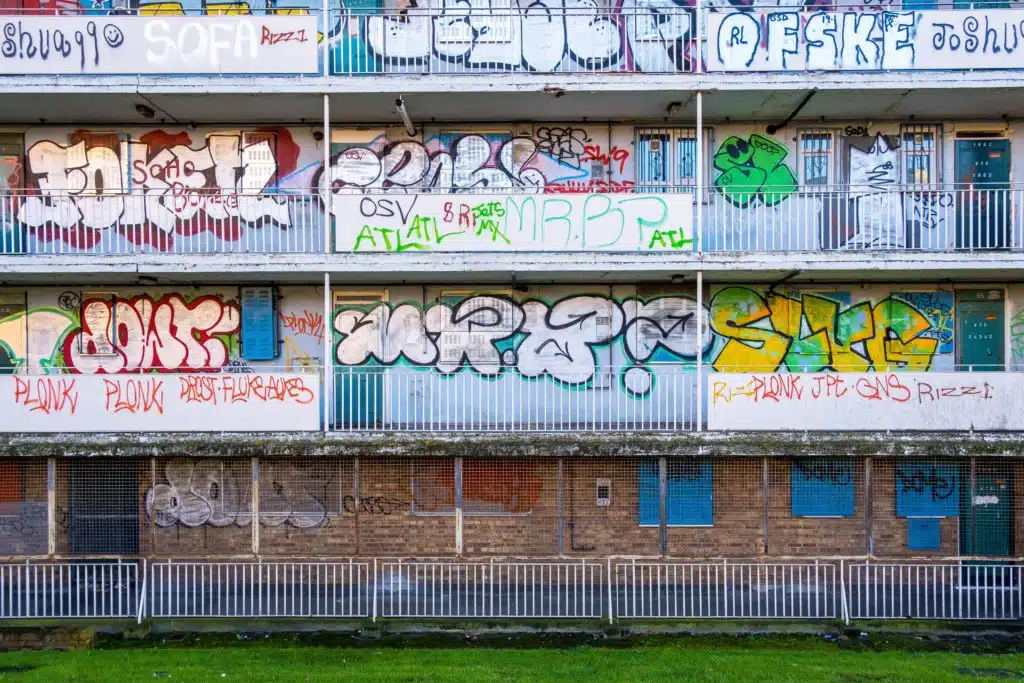More children are at risk of living in poverty due to rising fuel costs, The Joseph Rowntree Foundation has warned.

Households on low incomes will be spending on average 18% of their income after housing costs on energy bills after April. For single adult households on low incomes this rises to a shocking 54%, an increase of 21 percentage points since 2019/20.
Lone parents and couples without children will spend around a quarter of their incomes on energy bills, an increase of almost 10 percentage points in the same period.
Katie Schmuecker, Deputy Director of Policy and Partnerships at JRF said: “No childhood should be defined by a daily struggle to afford the basics. But the reality is that many children growing up today won’t have known anything else. The fact that more children are in poverty and sinking deeper into poverty should shame us all.”
The analysis compares the household spend on gas and electricity bills of several different family types on low and middle incomes between 2019-20 and after the increase in April this year.
With all households facing an immediate increase of between around 40% and 47% from April, the difference in the proportion of household incomes these increases will represent is stark, warns the JRF. Middle-income households will be spending on average 6% of their incomes on energy bills, and no more than 8% for any family type considered.
The JRF’s state-of-the-nation report reveals an increase in the number of children growing up in very deep poverty. Around 1.8 million children are growing up in very deep poverty, meaning the household’s income is so low that it is completely inadequate to cover the basics. This equates to an increase of half a million children living in deep poverty between 2011-12 and 2019-20.
Furthermore, the analysis reveals large numbers of children living on low incomes for prolonged periods of time in the years running up to the pandemic. Around 1 in 5 children have lived on a low income for at least three of the four years between 2016 and 2019. Yet children living in lone parent families have been harder hit and this figure rises to around one in three children.
As a result, many young children can not remember a time when they weren’t experiencing a deep financial struggle and going without basics.
Families living in poverty are likely to experience hardship heating their home, feeding their family or providing the most basic items like clothing and furniture. Growing up in poverty impacts all areas of a child’s life, including their health and development, school attainment and employment prospects later in life.
Going into the coronavirus pandemic, the report highlights rising child and pensioner poverty, and very high poverty rates for larger families and single-parent families, as well as Bangladeshi, Pakistani and Black families.
“Without additional support, people already in poverty are likely to find a sharp increase in energy bills very difficult to cope with. People living in deep and persistent poverty were already under constant pressure trying to afford food, bills and other essentials. With the impact of rising energy bills expected to be much harsher for families on low incomes, there is a clear case for targeted protections to prevent serious hardship once the energy price cap is lifted,” the report warns.
Cuts to Universal Credit in the autumn have resulted in the level of support for people who are unable to work or looking for work profoundly inadequate. JRF is calling for an immediate emergency payment for people on the lowest incomes to help prevent hardship in the months ahead.
Katie Schmuecker added: “Rising energy prices will affect us all, but our analysis shows they have the potential to devastate the budgets of families on the lowest incomes. The Government cannot stand by and allow the rising cost of living to knock people off their feet. The alarm is sounding loud and clear and the case for targeted support to help people on the lowest incomes could not be clearer.
“But this must go hand in hand with urgent action to strengthen our social security system, which was woefully inadequate even before living costs began to rise. Our basic rate of benefits is at its lowest real rate for 30 years and this is causing avoidable hardship. The government must do the right thing and strengthen this vital public service,” she concluded.

